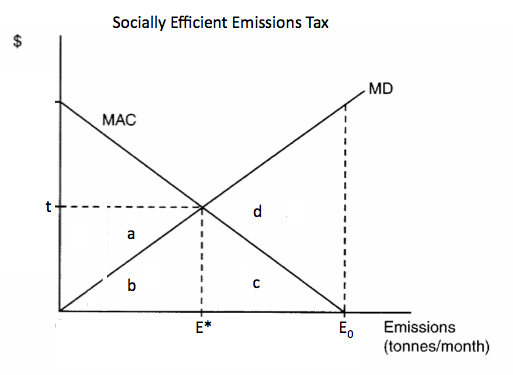Course:ECON371/UBCO2011WT1/GROUP8/Article 2: Oilsands Expansion Jeopardized by Absence of Climate Plan
Return to Group 8:
Oilsands Expansion Jeopardized by Absence of Climate Plan
Article 2:The Vancouver Sun - Oilsands Expansion
Summary
Alberta is starting to be compared to the US’s Texas when is comes to oil production and pipeline expansion. Many climate change economists have wrote that there is no sign of “letting up” in the anti-oilsands campaign as many protestors are adamant in sticking to the International Agreement signed in 1992 to stabilize the Green House Gas (GHG) emissions of Canada. Even though a signature on a piece of paper stated that the country is going to lower their atmospheric concentrations of GHG emissions, the federal government has consistently delayed putting a cap on industrial pollution.
The main concern that the federal government has with the expansion of the oil sands is protecting Canadian jobs and the economy – however this can’t be done efficiently without having consequences, mainly environmental ones. The main priority of the Prime Ministers is: “a rapid expansion of the tarsands to the detriment of Canada's ability to do its fair share on climate change." But the Canadian Association of Petroleum Producers said they have first hand understanding of carbon pricing regimes since the climate policy put in place in 2007 and there is a stress on making sure there is a fair balance between climate policy and national energy strategy that would not discriminate against Canadian oil.
All in all, there is much to debate about the bitumen deposits in Canada and how the environmental impacts are being ignored time and time again.
Economic Analysis
It is apparent that the oil sands are controversial topic in Ottawa. On one hand there are protesters who are concerned about the pollution bitmen extraction causes and want the government to regulate green house gas pollution from the oil industry. The government however, is concerned about Canadian jobs and the economy.
Because oil is a global market it is hard to implement climate policy on a national level while still continuing to remain competitive at a global level.The Canadian government is concerned with extraction of oil from the tar sands no matter what the environmental consequences many be.The lust of earning higher profits,keeping the oil prices in the world market motivates the government to continue subsidizing the oil industries.Harper's government if had been concerned with the protesters or the severe environmental consequences related to this oil sands project,could have cut down the subsidies and increased the taxes on the oil producing industries.If the government wants to lower down the environmental dangers they need to cut down the subsidies and increase the taxes on these firms.The government can utilize this revenue to generate more jobs in the economy and create a much green environment.
The socially efficient equilibrium is reached with a tax set equal to t per tone.And this is where where the MD=MAC.The polluter's private costs of compliance are it's total bill paid(area a and b),and the total abatement costs(area c).The net benefit of the tax is the total damage forgone(area c and d).By imposing such a tax,the level of pollution would be decreased and the government can use the tax revenue to create more jobs and improve green technologies.
Prof's Comments
Do you think the tax level is efficient? What needs to be included in the MD curve? What do you think are the incentives that the government is responding too?
9/10
